£600m funding announcement: How Northumbria researchers evidenced the importance of HAF provision
Research from Northumbria University outlining the critical importance of the Holiday Activities…
International
Northumbria’s global footprint touches every continent across the world, through our global partnerships across 17 institutions in 10 countries, to our 277,000 strong alumni community and 150 recruitment partners – we prepare our students for the challenges of tomorrow. Discover more about how to join Northumbria’s global family or our partnerships.
View our Global FootprintBusiness
The world is changing faster than ever before. The future is there to be won by organisations who find ways to turn today's possibilities into tomorrows competitive edge. In a connected world, collaboration can be the key to success.
More on our Business ServicesResearch
Northumbria is a research-rich, business-focused, professional university with a global reputation for academic quality. We conduct ground-breaking research that is responsive to the science & technology, health & well being, economic and social and arts & cultural needs for the communities
Discover more about our ResearchAlumni
Northumbria University is renowned for the calibre of its business-ready graduates. Our alumni network has over 250,000 graduates based in 178 countries worldwide in a range of sectors, our alumni are making a real impact on the world.
Our AlumniStudy Undergraduate History courses at Northumbria through UCAS Clearing.
With modules on American, African, British, Middle Eastern, and European history, from the Middle Ages to the contemporary, you will follow your academic passions and shape your own degree.
Over 95% of students studying History at Northumbria believed they had chance to explore ideas and concepts in depth (NSS, 2024).
We give all students a chance to work on placement with a local business or cultural partner, and our unique new module on place and heritage helps you learn about policy making and funding applications in the real world.
History at Northumbria is ranked 26th in the UK for research power, out of 81 institutions (REF, 2021). This represents a rise of 5 places since 2014.
Missed the main UCAS deadline or changed your plans? You can still secure a place through UCAS Clearing. History courses at Northumbria may be available - don't miss your chance to join a top university in the heart of Newcastle.
UCAS Clearing is now open.
Sign up for regular Clearing updates straight to your inbox. Register for VIP access.

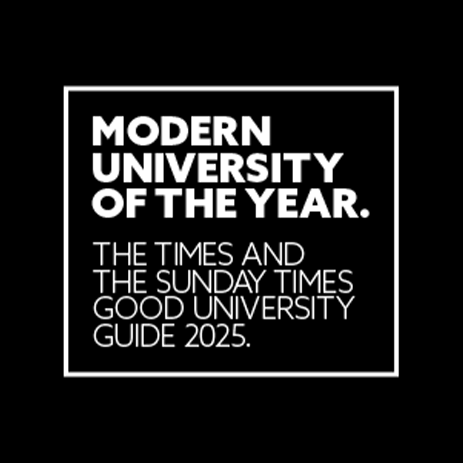
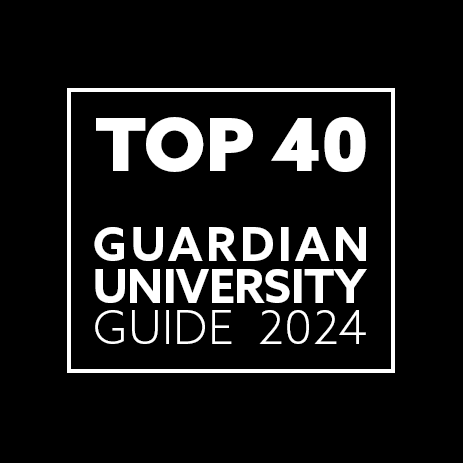
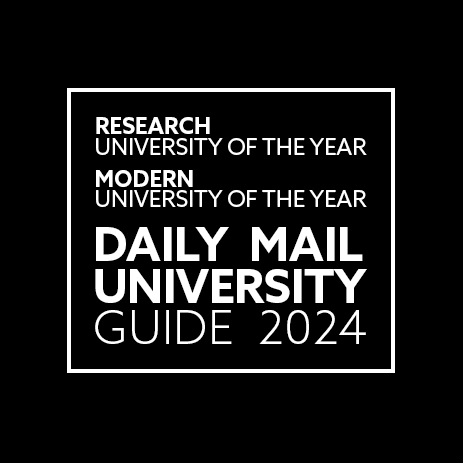
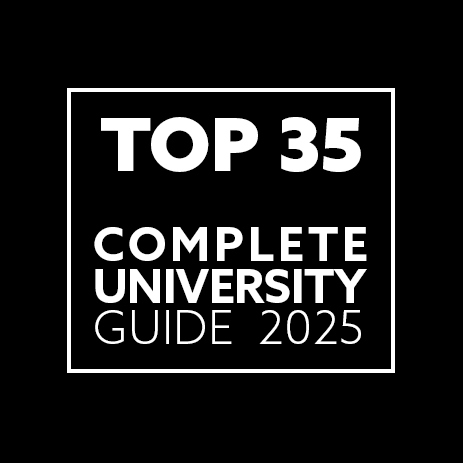
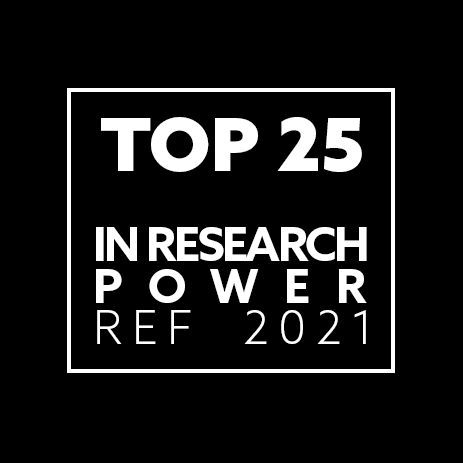
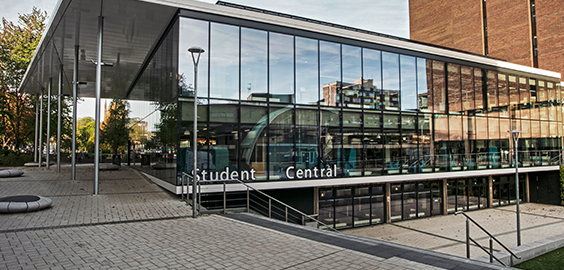
Where you'll study

Department of History | Northumbria University. Learn more about our History department based at City campus, Newcastle

Our Research
Norhumbria Professor does major World War 2 study
Find out more about Peter Gillis expereince with Northumbria as a History student
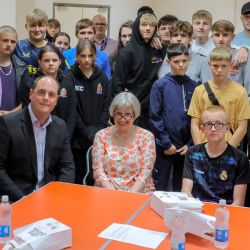
Research from Northumbria University outlining the critical importance of the Holiday Activities…
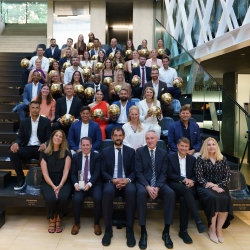
Northumbria University, Newcastle, is proud to celebrate the achievements of the third cohort…
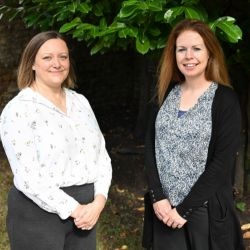
Two academics from Northumbria University have been awarded the prestigious Senior Clinical…

Two Northumbria students have been announced as winner at the RIBA North East Student Awards…

Northumbria University is expanding and enhancing the support it provides to students receiving…

Researchers are set to shine a different kind of light on the farming industry after receiving…
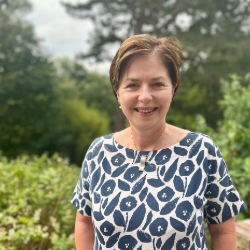
An Associate Professor at Northumbria University has been recognised by Advance HE as a National…

Universities for North East England (UNEE) have issued a response echoing the concerns of the…
Back to top